Since the Netflix series ‘The Crown’ began in 2016, over 73 million households worldwide have tuned in to tea at Buckingham Palace. There is no doubt that the global population still has an interest in the private affairs of queens and courtiers which are so often hidden from the public eye. But can the show’s audience truly separate fact from fiction when it comes to their beloved characters? Or, perhaps more importantly, can they separate fact from fiction when it comes to the more despised figures of the show?
“There’s no such thing as bad publicity”. Attributed to P.T. Barnum, the proverb may have found its match in the brutal 21st century media. ‘The Crown’ has undoubtedly invested audiences in the real life lives of the British royal family, but this could bring disapproval in equal measure to favour. Ever since the 19th century, when revolutionary republicanism shook Western Europe, the British monarchy has been forced to fight for their right to rule. And ever since the 20th century, alongside the advent of mass media, the British monarchy has been forced to fight for their right to rule through their demonstration of personal integrity and down-to-earth likeability. It’s a wildly unstable, teetering sawsaw of reputation.
The Palace’s actions prove the nervousness of the monarchy. In 1969, ‘Royal Family’ was aired, a documentary following the intimate lives of the Windsors. It is estimated to have been seen by over 350 million people. It spearheaded a constant battle on behalf of the Queen’s press team to consistently keep the name of the royals pure. And for a department eager to control the sincerity of the Windsor title, ‘The Crown’ is a PR disaster – not only is it out of their hands, but also often outside of the truth. As such, the palace would argue that ‘The Crown’ could certainly be dubbed as ‘bad publicity’ by the mere fact that it's out of their control.
And the producers of the show have licence to twist the reality of history into whatever makes for the best TV. "There are two sorts of truth. There's historical truth and then there's the larger truth about the past," says the show's historical consultant, Robert Lacey. The producers readily admit that ‘The Crown’ is not factual, with showrunner Peter Morgan explaining that his manipulation of timelines, characters, and events is essential to the creation of the series. Yet when the show is streamed across the world, to many viewers unfamiliar with the history of 20th century Britain, it swiftly turns into a history lesson. And without an opposing narrative to challenge the images portrayed by ‘The Crown’, what was intended as fiction is very quickly translated into fact.
But how does this affect the royals? That seems to depend on your opinions of the show. Prince Charles, a contentious character both on screen and in real life, could be viewed either as sympathetic or as pitiless based on his portrayal by actor Josh O’Connor.
And here lies the crux of the show’s power. With Prince Charles as the heir to the British throne, the level of empathy stirred up for him by ‘The Crown’ could seriously affect his reception as the next monarch. ‘The Crown’ is playing with live ammunition when it manipulates the politics of tomorrow as well as changing perceptions of the history of yesterday.
Interest in the monarchy is not the same as interest in the monarchy’s survival. So while ‘The Crown’ may be beneficial to the monarchy in terms of tourism and media attention, it could in fact be very damaging to their position in the country.
You might even take ‘The Crown’ to be the perfect example of how the power balance of different social influences are shifting. While in the past we relied on news reporting, history lessons, and formal statements from respected parties to inform public opinion, increasingly we are looking to social media and popular TV to form judgements on important social and cultural issues. Platforms of power are rising in the most unlikely of places.
It is easy to see that ‘The Crown’ has changed perceptions of the British royal family. It is even easier to see that this could be for the worse as well as for the better. But what’s most interesting about ‘The Crown’ is what it tells us about the production of knowledge in today’s society. About where we are getting our information from and how we are sharing opinions.
So never underestimate the role of fiction in creating fact. Today, the line between the two is undeniably blurring.

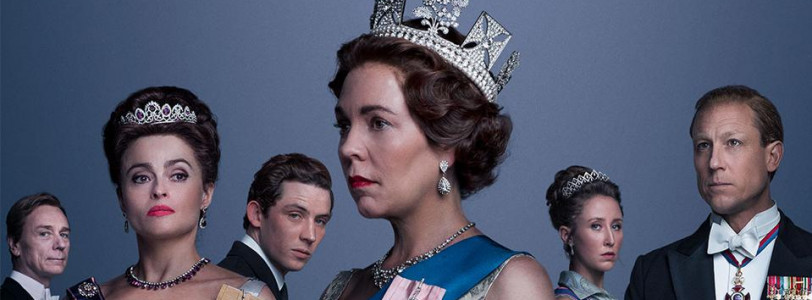

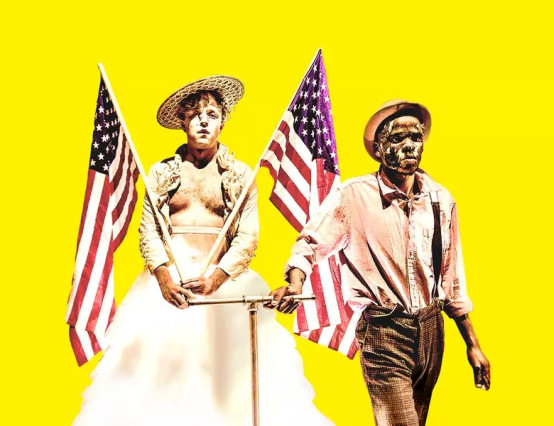
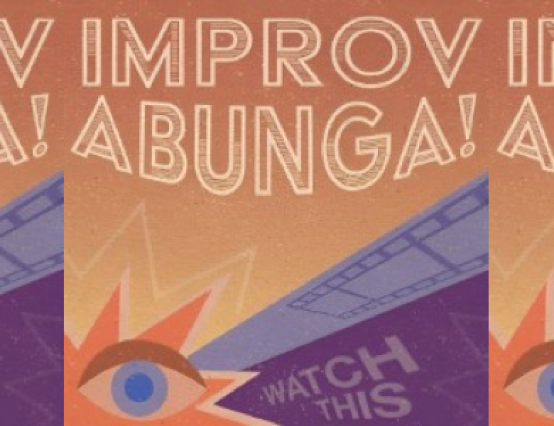
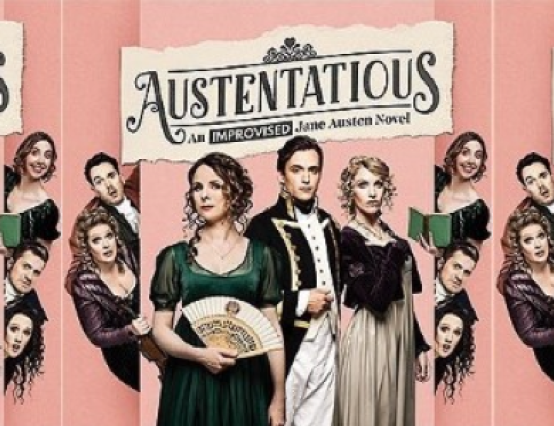


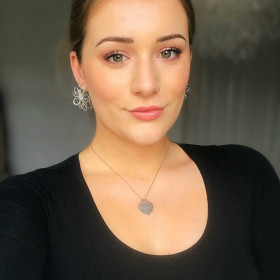



I completely agree that it's hard to distinguish fact from fiction in the Crown and that with a lot of audience not having lived through these events they have nothing to compare it to. This is their only reality. I feel for the Royals as their reputation is sometimes tainted by this programme and where it is not always deserved. Thank you so much for covering this topic in your very insightful article.